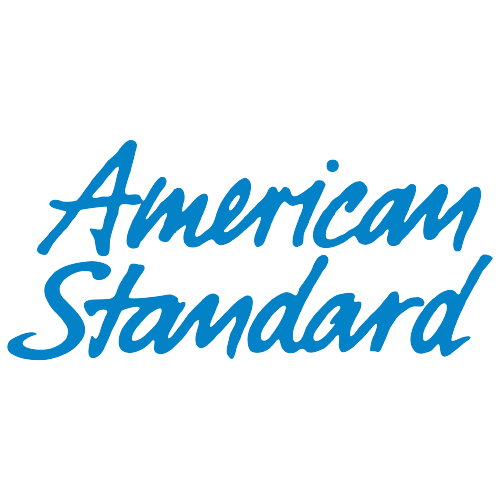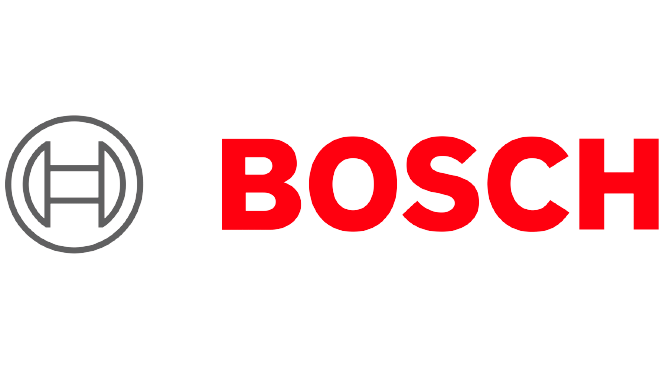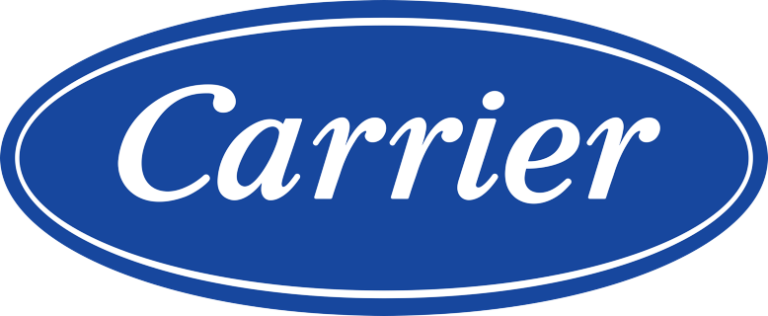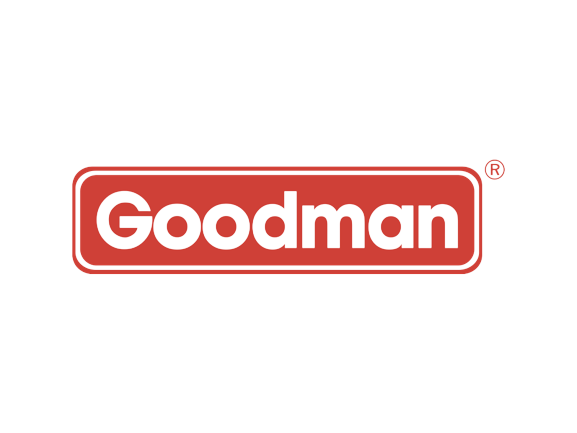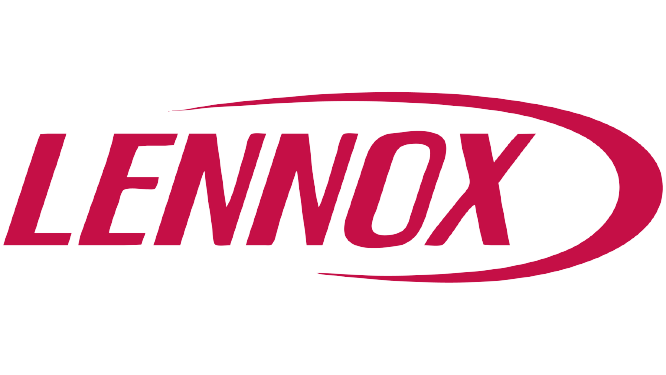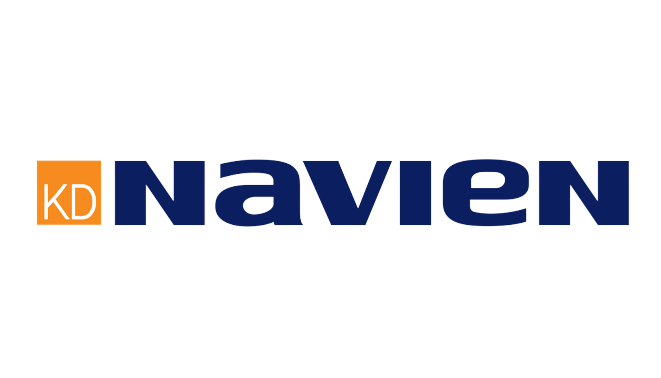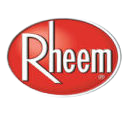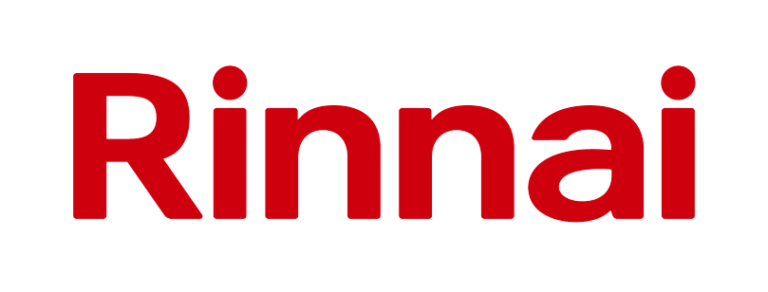Boiler Installation
Boiler Installation, Maintenance, Repair & Services
At BCRC, we pride ourselves on delivering quality, reliability, and tailored solutions that exceed expectations in Boiler Installation Services in Vancouver. With a wide range of services and a customer-centric approach, your satisfaction is our priority. Experience the difference with BCRC, where heating excellence meets unmatched service. Contact us today and let us take care of your Boiler Installation needs with expertise you can trust.
Trusted Reputation
With a track record of excellence and a roster of satisfied customers, BCRC stands as a trusted name in Vancouver's HVAC landscape, dedicated to delivering exceptional Boiler Installation solutions.
Customer-Centric Approach
We place our customers at the heart of everything we do. Our attentive, personalized service guarantees that your satisfaction is our ultimate goal.
Transparent Pricing
At BCRC, transparency is paramount. Our upfront and competitive pricing ensures you understand the costs involved before we begin any work, eliminating surprises.
Emergency Services
Heating emergencies can strike anytime. Rest assured, our 24/7 emergency services are just a call away, providing you with peace of mind, day or night.
Prompt Repairs
Count on us for swift and efficient Boiler Installation repairs, minimizing downtime and restoring warmth to your space promptly, even during the coldest of days.
Tailored Solutions
No two heating systems are the same, and we understand that. Our solutions are customized to your specific requirements, ensuring optimal performance and efficiency.
Comprehensive Services
From precise installations to timely repairs and thorough maintenance, we offer a complete suite of Boiler Installation services to cater to all your heating needs under one roof.
Experienced Experts
Benefit from our team of seasoned HVAC professionals who possess extensive expertise in boiler installation, repair, and services, ensuring your comfort is in capable hands.
Welcome to BCRC HVAC, your premier destination for exceptional boiler installation, repair, and services in Vancouver. As industry leaders with a passion for excellence, we are committed to bringing you the pinnacle of home comfort through our expertly tailored solutions. Our seasoned technicians possess extensive experience and expertise in all aspects of Boiler Installation, ensuring every installation is executed flawlessly. Whether you’re seeking to upgrade to a modern and efficient system or need swift repairs to restore warmth to your space, BCRC’s skilled experts are at your service. Our comprehensive suite of services spans routine maintenance to intricate repairs, designed to keep your boiler operating at its best, season after season.
With a customer-centric approach at our core, we prioritize your comfort and satisfaction above all else. Experience the BCRC difference by contacting us today for a consultation – embark on a journey of enhanced home warmth and reliability. Elevate your home comfort to unprecedented heights with BCRC HVAC – your trusted partner for unmatched boiler installation, repair, and services in Vancouver. Our commitment to excellence is mirrored by our team of experienced experts who ensure that every project meets the highest standards of precision and performance. From seamless boiler installations that seamlessly integrate into your space to rapid and dependable repairs that bring back the warmth you deserve, BCRC is your go-to solution.
Our experts understand that each home is unique, which is why we tailor our services to cater to your specific requirements. Our versatile expertise covers both residential and commercial properties, making us your comprehensive HVAC destination. With a focus on innovation, BCRC stays ahead of industry trends, ensuring that you benefit from cutting-edge solutions for your Boiler Installation needs. Ready to embrace elevated comfort and reliability? Contact us now to schedule a consultation and witness the BCRC advantage firsthand.
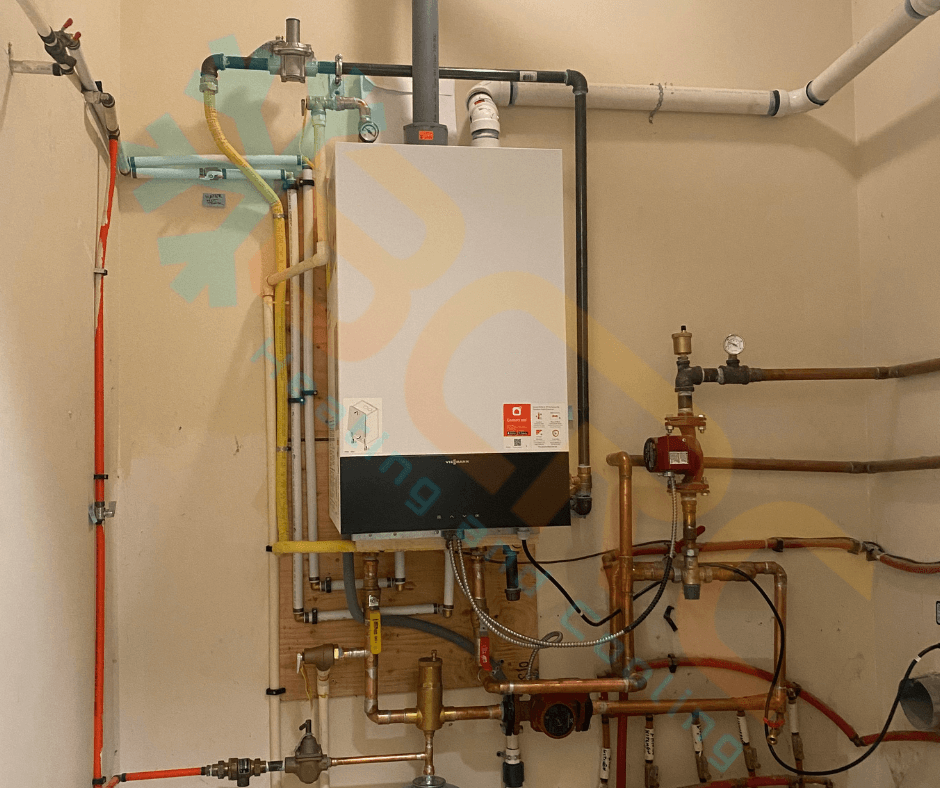
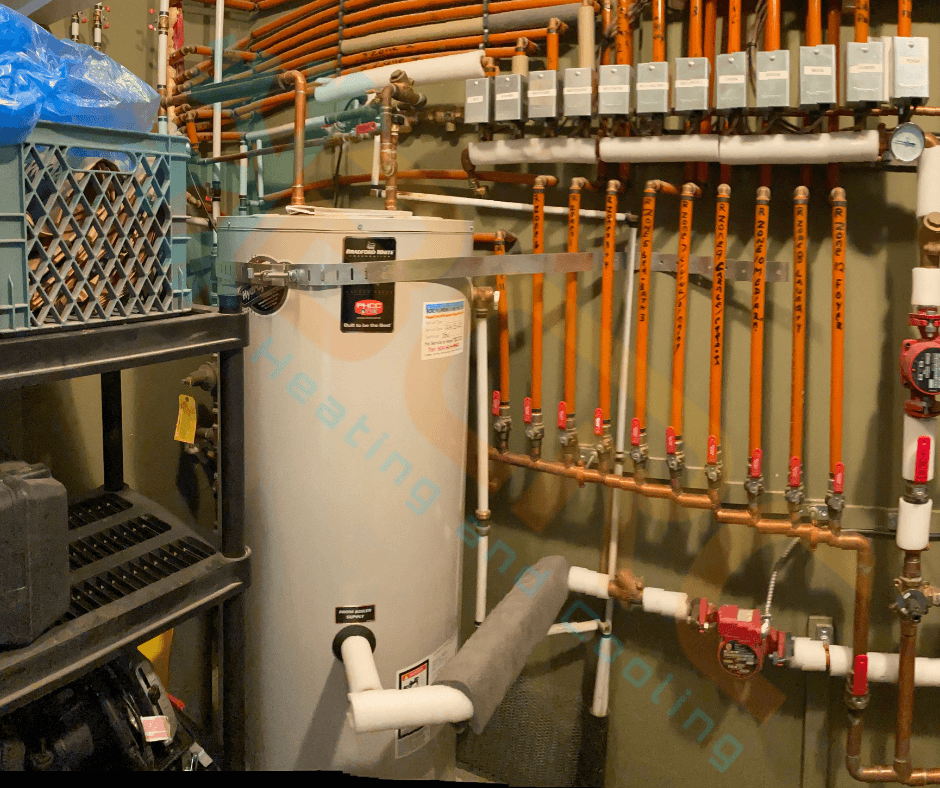
BCRC's Boiler Installation Benefits
604 781 7272
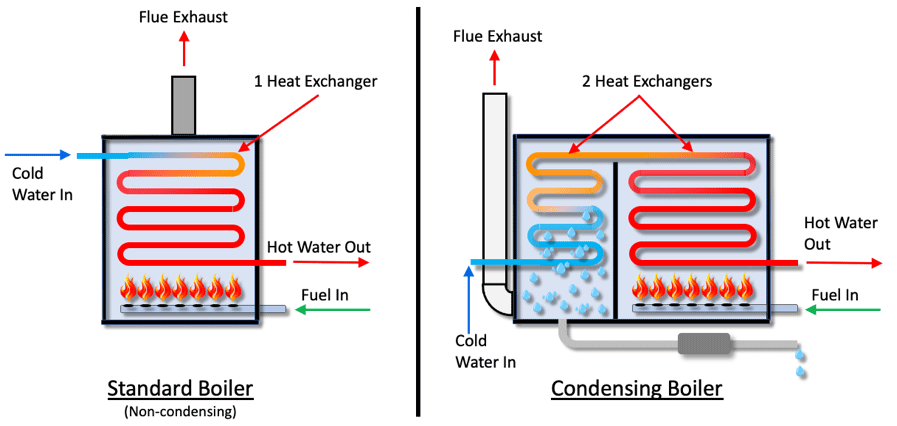
Table of Contents
Boiler Installation Differences
The differences between types of boilers primarily revolve around their functionality, installation requirements, space considerations, hot water availability, and energy efficiency. Here’s a breakdown of the key differences:
6. Biomass Boilers:
- Use organic materials like wood pellets, chips, or logs as fuel.
- Environmentally friendly and renewable energy source.
- Suitable for those seeking sustainable heating solutions.
7. Oil Boilers:
- Use oil as a fuel source.
- Common in areas without access to natural gas.
- Different types include combi, systems, and conventional oil boilers.
8. Gas Boiler Installation:
- Use natural gas as a fuel source.
- Available in various types, including combi, system, and conventional.
9. Steam Boilers:
- Generate steam for heating or industrial processes.
- Commonly used in industries that require high-temperature heating.
10. Hydronic Boilers:
- Use water as the heat transfer medium to distribute warmth throughout a space.
- Common in radiant heating systems.
11. Condensing Boiler Installation:
- Designed to maximize energy efficiency by recovering heat from exhaust gases.
- Reduce energy consumption and lower emissions.
- Available in various types, such as combi, system, or conventional.
Combi Boilers (Combination Boilers):
- Provide both central heating and hot water directly from the Boiler Installation.
- No need for a separate hot water cylinder or storage tank.
- Space-saving and energy-efficient.
- Ideal for smaller homes with lower hot water demand.
System Boilers:
- Work with a separate hot water storage cylinder.
- Provide central heating and hot water simultaneously.
- Suitable for homes with multiple bathrooms and higher hot water demand.
- Less space required compared to conventional boilers.
Conventional Boiler Installation (Regular or Traditional Boilers):
- Require both a hot water cylinder and a cold water storage tank.
- Provide central heating and hot water.
- Suitable for larger homes with high hot water demand.
- Consistent hot water supply but may take longer to heat up.
Heat-Only Boilers:
- Similar to conventional Boiler Installation, requiring a separate hot water cylinder and a cold water storage tank.
- Focused on providing heating.
- Suitable for homes with existing hot water storage systems.
Electric Boiler Installation:
- Use electricity to heat water.
- Compact and easy to install.
- Suitable for homes without a gas supply.
- May have higher running costs compared to gas boilers.
The choice of Boiler Installation type depends on factors like your home’s size, hot water demand, available space, energy efficiency goals, and fuel availability. Consulting with an HVAC professional can help you determine the best Boiler Installation type for your specific needs.
BCRC's Boiler Installation Services Areas
- Boiler Services in Vancouver
- Boiler Services in Burnaby
- Boiler Services in West Vancouver
- Boiler Services in North Vancouver
- Boiler Services in Coquitlam
- Boiler Services in Surrey
- Boiler Services in Delta
- Boiler Services in Langley
- Boiler Services in New Westminster
- Boiler Services in Port Coquitlam
Book an In-Home Appointment Get Your Free Quote | Use Your Discount
604 781 7272
How a Boiler Installation Works
A boiler is a heating system that uses water to generate heat and distribute it throughout a building or space. Here’s how a typical boiler works:
6. Pressure Regulation: Most boilers maintain a specific pressure within the system to ensure proper circulation of water. A pressure relief valve is installed to prevent the pressure from becoming too high.
7. Thermostat Control: The boiler’s operation is regulated by a thermostat that senses the temperature within the building. When the temperature falls below the set level, the thermostat signals the boiler to start heating the water again.
8. Expansion Tank: To accommodate the expansion of water as it’s heated, Boiler Installation are equipped with an expansion tank. This tank helps maintain proper pressure within the system.
9. Safety Controls: Modern boilers are equipped with safety controls and sensors that monitor factors like temperature, pressure, and fuel combustion. If any of these parameters exceed safe limits, the Boiler Installation will shut down to prevent damage or hazards.
10. Hot Water Storage (if applicable): In systems with hot water storage cylinders, the heated water is stored for later use. When hot water is required for faucets or showers, it’s drawn from the storage cylinder.
Fuel Combustion: The process begins with the combustion of fuel, which can be natural gas, oil, biomass, or other sources. This combustion takes place in a combustion chamber within the boiler.
Heat Generation: As the fuel burns, it releases energy in the form of heat. This heat is transferred to the water that circulates through the Boiler Installation. The combustion gases and hot flue gases generated in the process rise through a heat exchanger, transferring their heat to the water.
Heat Transfer: The heat exchanger is a crucial component that separates the combustion gases from the water. It ensures that the heat from the burning fuel is efficiently transferred to the water without direct contact.
Water Circulation: The heated water is then pumped through pipes or radiators to distribute the warmth throughout the building. In systems with radiators, the hot water radiates heat into the surrounding air, warming the space.
Condensation (in Condensing Boilers): In condensing boilers, the exhaust gases are cooled down to the point where they condense into water. This process releases additional heat, making condensing Boiler Installation more energy-efficient.
Boilers are versatile heating systems commonly used in residential, commercial, and industrial settings. The type of Boiler Installation, whether it’s a combi, system, conventional, or another type, affects the specific steps and components involved in the heating process. Regular maintenance is essential to ensure the efficiency, safety, and longevity of a boiler system.
Boiler Installation User Benefits
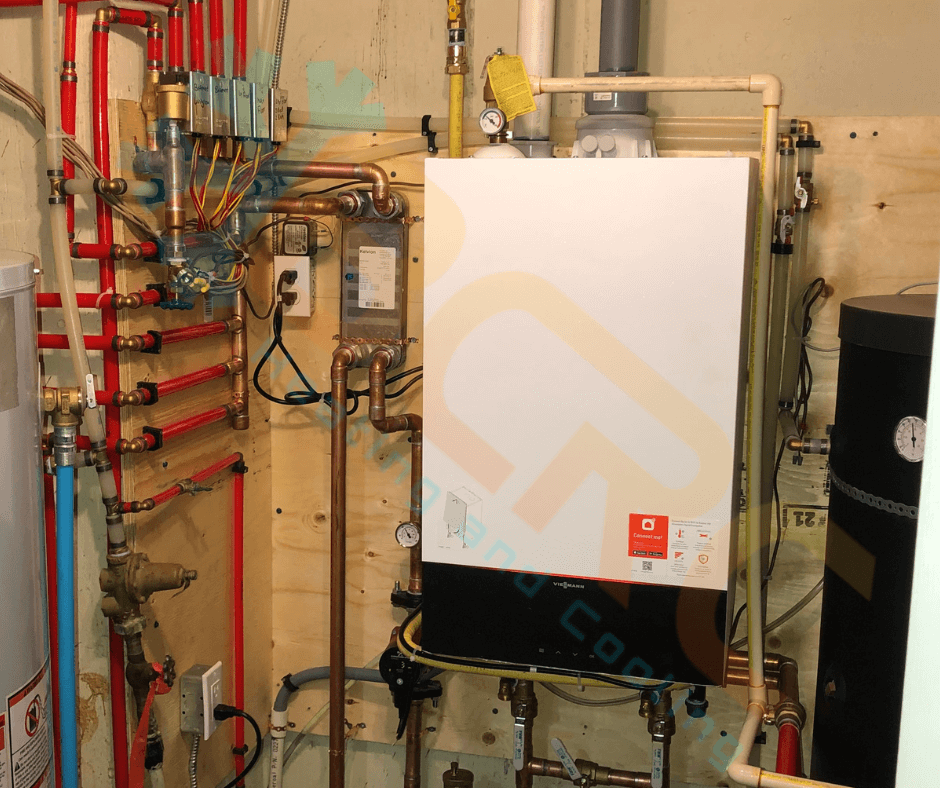
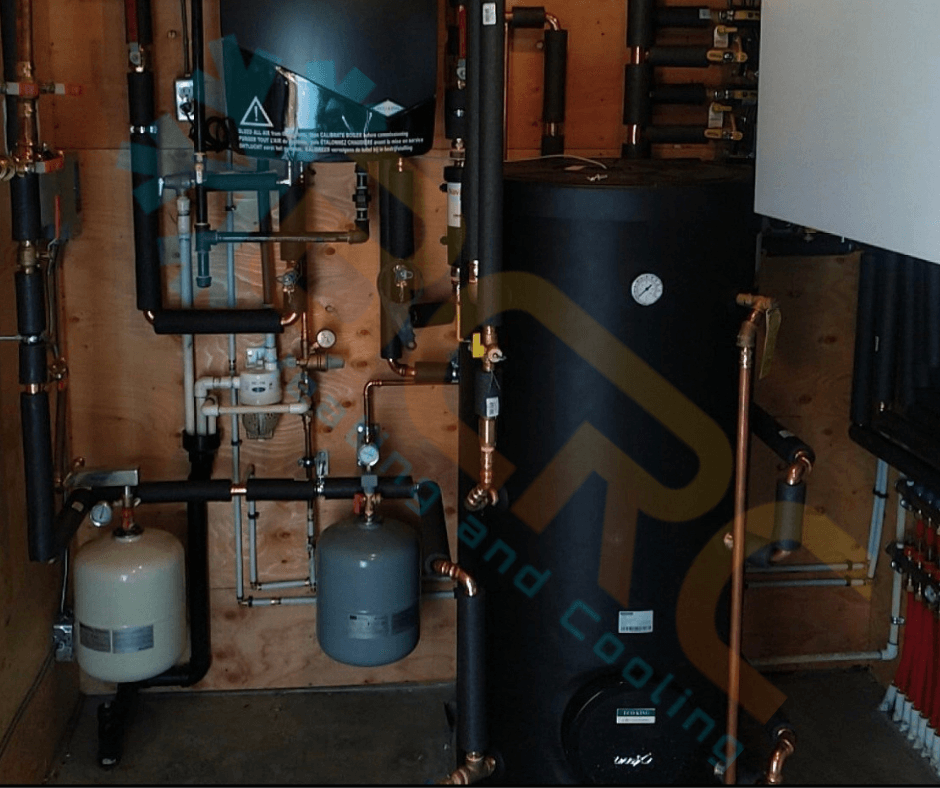
Using a Boiler Installation for heating offers several benefits that make it a popular choice for residential, commercial, and industrial applications. Here are some of the key advantages:
Efficiency: Boilers are known for their high energy efficiency. Modern condensing boilers, in particular, are designed to extract maximum heat from the fuel, reducing energy wastage and lowering utility bills.
Consistent Heat: Boiler Installation provide a steady and even distribution of heat throughout a space. This creates a comfortable and consistent indoor environment, eliminating temperature fluctuations often experienced with other heating methods.
Zoning: Boilers can be easily integrated with zoning systems, allowing different areas or rooms to be heated independently. This provides greater control over heating and helps optimize energy usage.
Quiet Operation: Boiler Installation operate quietly compared to forced-air systems that can create noise from fans and blowers. This makes boilers a suitable choice for maintaining a peaceful indoor environment.
Durability: Boilers are known for their durability and longevity. They have fewer moving parts than forced-air systems, reducing the potential for wear and tear. With proper maintenance, boilers can last for many years.
Less Dust and Allergens: Boiler Installation do not rely on air movement to distribute heat, reducing the circulation of dust, allergens, and pollutants in the air. This makes them a good choice for individuals with respiratory sensitivities.
Hydronic Radiant Heating: Boilers are commonly used for hydronic radiant heating systems, which involve heating water and circulating it through pipes or radiators to warm the surrounding surfaces. This type of heating provides a comfortable and efficient way to heat indoor spaces.
Space Saving: Many modern Boiler Installation are compact and require less installation space than traditional heating systems with large ductwork and air handlers.
Domestic Hot Water: Some boilers can also provide hot water for faucets and showers, eliminating the need for a separate water heater.
Fuel Options: Boilers can run on various fuels, including natural gas, oil, propane, or even biomass, allowing you to choose a fuel source that aligns with your preferences and availability.
Environmental Benefits: Modern boilers, especially condensing models, are designed to minimize emissions and reduce carbon footprint. High energy efficiency translates to lower energy consumption and reduced greenhouse gas emissions.
Flexible Installation: Boiler Installation can be installed in various configurations, such as wall-mounted or floor-standing models, making them adaptable to different spaces and building layouts.
While boilers offer numerous advantages, it’s important to consider factors such as installation costs, fuel availability, and specific heating requirements when deciding if a Boiler Installation is the right choice for your needs. Consulting with an HVAC professional can help you make an informed decision tailored to your situation.
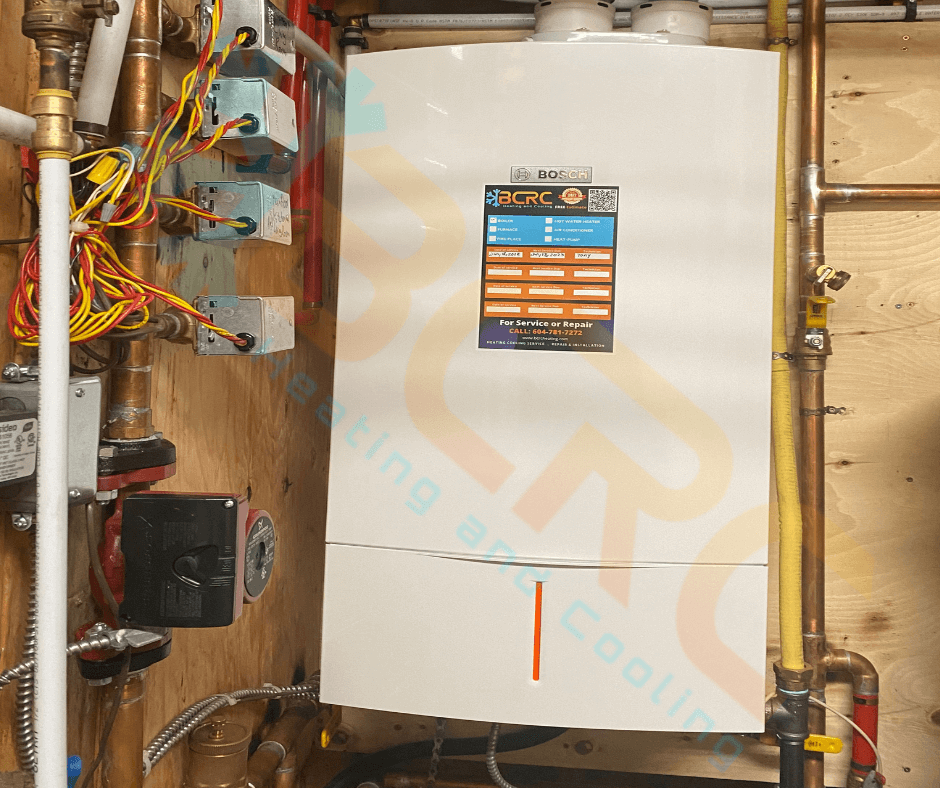
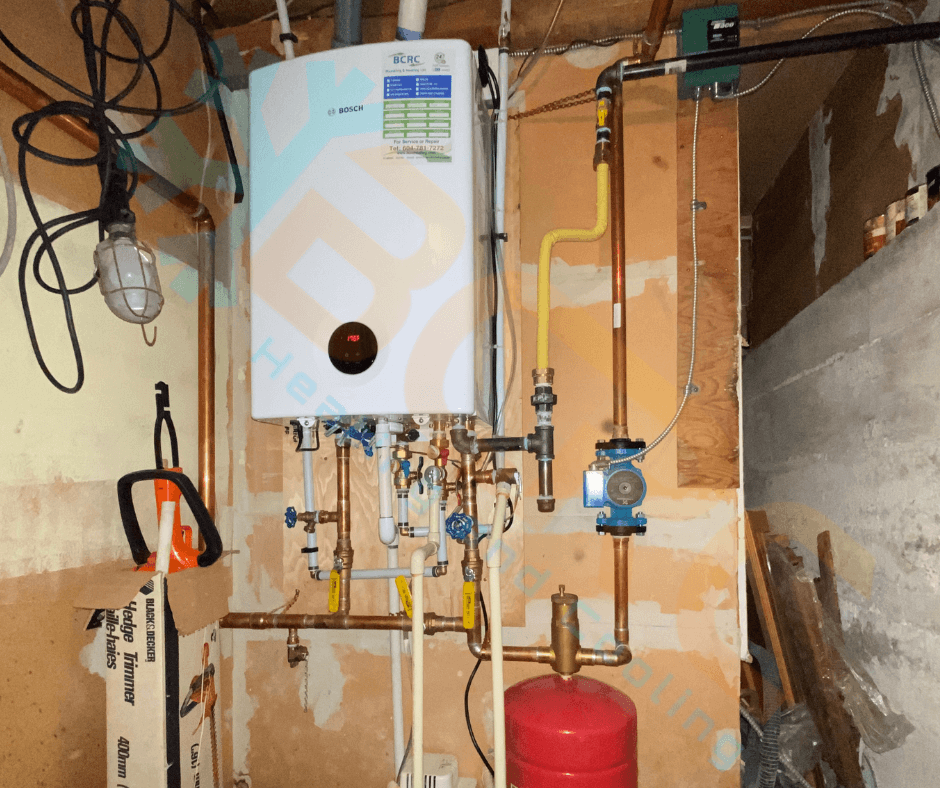
Boiler Installation Components
A boiler is a complex system composed of various components that work together to generate heat and distribute it throughout a space. Here are the key components of a typical Boiler Installation system:
Burner: The burner is responsible for igniting and combusting the fuel (such as gas, oil, or biomass) to produce heat. It’s a critical component that ensures efficient combustion.
Combustion Chamber: This is the area where fuel is burned, and combustion gases are generated. The combustion chamber is designed to optimize heat transfer to the heat exchanger while minimizing emissions.
Heat Exchanger: The heat exchanger is a crucial part that transfers heat from the combustion gases to the water in the system. It ensures efficient transfer of thermal energy without allowing direct contact between the water and the combustion gases.
Pump: A pump circulates the heated water through the system, delivering warmth to radiators, baseboards, or other heating components.
Expansion Tank: As water heats up, it expands. The expansion tank accommodates the increased volume of water, maintaining proper pressure levels within the system.
Pressure Relief Valve: This safety component releases excess pressure in the system to prevent over-pressurization and potential hazards.
Thermostat: The thermostat monitors the temperature within the building and signals the boiler to start or stop when the desired temperature is reached.
Aquastat: This device monitors water temperature and regulates the operation of the burner and pump to maintain consistent temperatures.
Gas Valve or Oil Valve: Controls the flow of fuel into the combustion chamber, regulating the heating process.
Draft Diverter or Flue: A draft diverter ensures proper ventilation and directs exhaust gases safely out of the system. It prevents the backflow of combustion byproducts.
Ignition System: The ignition system initiates the combustion process by creating a spark or using a pilot light to ignite the fuel.
Control Panel: The control panel contains switches, relays, and controls that manage various functions of the Boiler Installation, including temperature settings, safety features, and system operation.
Air Intake: Supplies combustion air to the burner for efficient combustion.
Condensate Trap: In condensing boilers, this component collects and drains condensate, which is formed when exhaust gases cool down and turn into liquid.
Ventilation System: Ensures proper air circulation and ventilation within the combustion chamber.
Electrical Components: Various electrical components, such as sensors, switches, and relays, regulate the Boiler Installation operation and safety features.
These components work in tandem to produce heat, distribute it, and ensure the safety and efficiency of the boiler system. Regular maintenance and inspection of these components are essential to ensure the smooth operation and longevity of the Boiler Installation.
If you are interested in Tankless Water Heater Installation Repair Services, Please see our services about it.
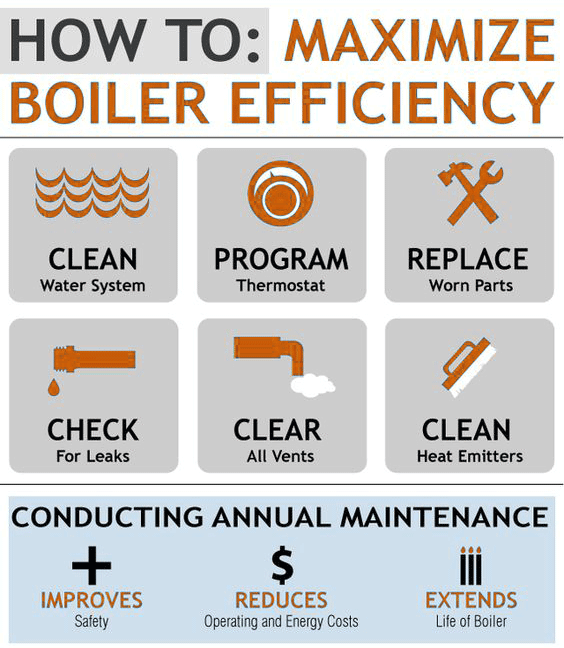
Tips How to Maintain a Boiler Installation
Proper maintenance is essential to ensure the efficiency, safety, and longevity of your boiler system. Here are some tips to help you maintain your Boiler Installation effectively. All the following services are performed by the specialized and experienced experts of BCRC company. Please keep in mind that it is never recommended that some of the following items be done by inexperienced and technically qualified people.
Regular Inspections: Schedule annual professional inspections by a qualified HVAC technician to identify any issues early and ensure the system is operating safely and efficiently.
Check for Leaks: Regularly inspect the boiler and surrounding area for leaks, corrosion, or water damage. Address any issues promptly to prevent further damage.
Monitor Pressure: Keep an eye on the boiler’s pressure gauge to ensure it’s within the recommended range. Low pressure can affect heating performance, while high pressure might indicate a problem.
Bleed Radiators: If you have a radiator system, bleed the radiators to release trapped air. This enhances heating efficiency and ensures even heat distribution.
Test Safety Features: Check safety components like pressure relief valves and carbon monoxide detectors to ensure they’re functioning properly.
Clean the Heat Exchanger: A clean heat exchanger ensures optimal heat transfer. Schedule professional cleaning if needed, as a dirty heat exchanger can reduce efficiency.
Inspect Flue and Ventilation: Regularly inspect the flue and ventilation system for blockages, debris, or corrosion that can affect proper exhaust.
Clear Surrounding Area: Ensure the area around the Boiler Installation is free of clutter, debris, and flammable materials to maintain proper ventilation and reduce fire hazards.
Monitor Water Level: If your boiler has a water level gauge, regularly check it to ensure the water level is within the safe range.
Check for Unusual Sounds or Smells: Pay attention to any unusual sounds, smells, or vibrations coming from the boiler. These can be indicators of issues that need attention.
Flush the System: Periodically flush the system to remove sediment and debris that can accumulate in the water.
Inspect Ignition System: If your Boiler Installation has an ignition system, ensure it’s working properly. A faulty ignition system can lead to ignition failures or inefficient combustion.
Replace Filters: If your boiler has filters, such as in a radiant heating system, clean or replace them regularly to maintain efficient operation.
Service Burner: If you have a gas or oil burner, have it professionally serviced to ensure proper combustion and efficiency.
Check Thermostat and Controls: Ensure that the thermostat and control settings are accurate and functioning as intended.
Seasonal Preparation: Before the heating season, prepare your Boiler Installation by performing necessary maintenance tasks and ensuring it’s ready to operate efficiently.
Follow Manufacturer Guidelines: Always follow the manufacturer’s maintenance recommendations and guidelines outlined in the owner’s manual.
Professional Maintenance: Enroll in a regular maintenance program with a professional HVAC company to ensure timely and thorough servicing.
By following these maintenance tips, you can help keep your boiler operating efficiently, minimize energy consumption, extend its lifespan, and ensure the safety and comfort of your home.
If you are interested in Furnace Installation Services, Please see our services about it.
Boiler Installation History
The history of boilers dates back centuries, with significant advancements in technology and design leading to the modern boilers we use today. Here’s a brief overview of the key milestones in boiler history…
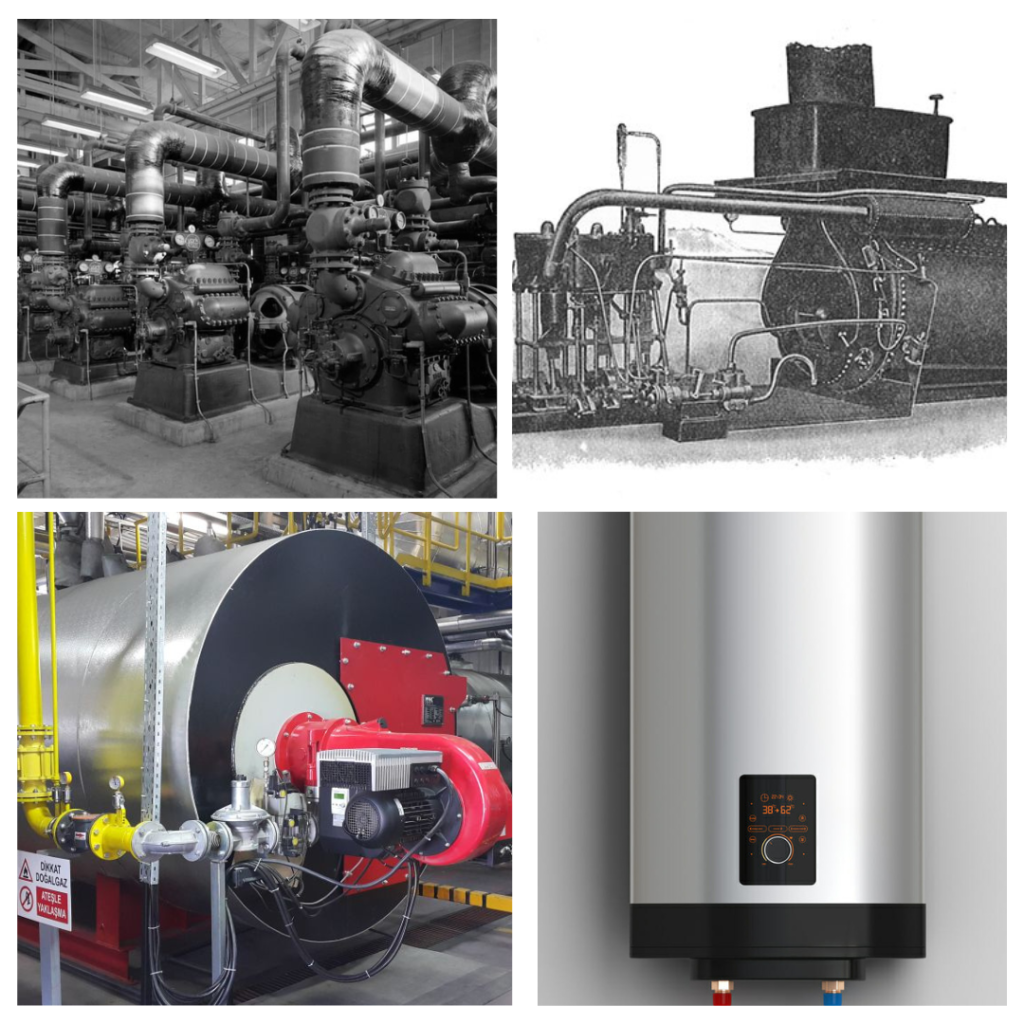
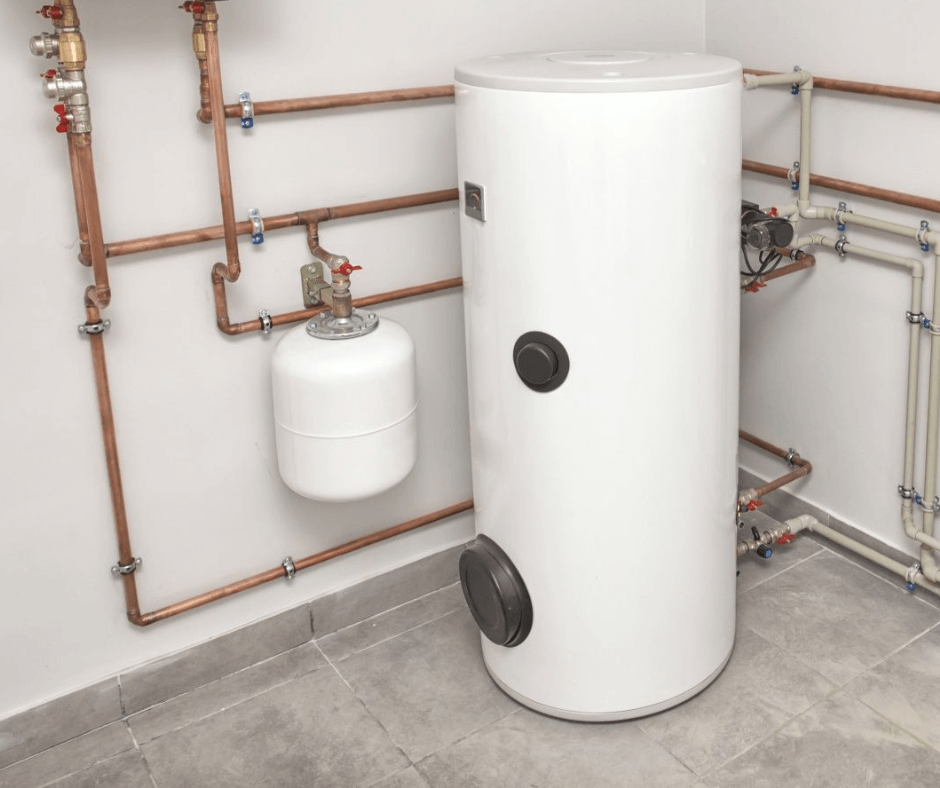
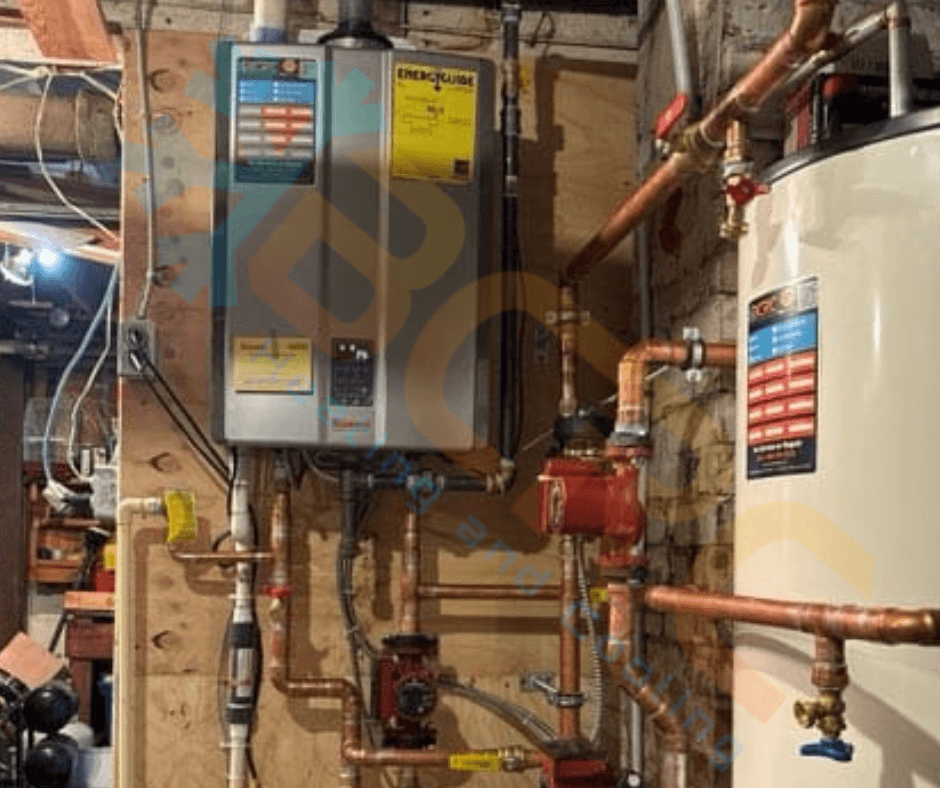
Important Points When Buying a Boiler Installation
When purchasing a boiler, it’s essential to consider various factors to ensure you select the right system for your heating needs. Here are some important points to keep in mind:
Heating Needs: Assess your heating requirements, including the size of your home, the number of occupants, and the level of heating comfort you desire. Different types of boilers are better suited for various heating demands.
Type of Boiler: Choose the appropriate type of Boiler Installation based on your preferences and available resources. Consider options like combi boilers, system boilers, conventional boilers, or condensing boilers.
Fuel Type: Determine the availability and cost of the fuel source in your area. Options include natural gas, oil, propane, biomass, or electricity.
Energy Efficiency: Look for boilers with high energy efficiency ratings. Condensing boilers, in particular, are known for their superior efficiency.
Size and Capacity: Choose a Boiler Installation with the right capacity to match your heating needs. Oversized boilers can lead to inefficiencies, while undersized boilers might not provide sufficient heat.
Hot Water Demand: Consider your hot water requirements. Combi boilers provide instant hot water, while system and conventional boilers might have a separate hot water cylinder.
Installation Space: Assess the available space for boiler installation. Some models are compact and suitable for small spaces, while others require more room.
Ventilation and Exhaust: Determine the type of ventilation and exhaust requirements your chosen boiler needs. This is particularly important for safe operation and compliance with regulations.
Budget: Establish a budget that includes not only the initial purchase cost but also installation, maintenance, and potential future repairs.
Brand and Reputation: Research reputable Boiler Installation brands known for quality and reliability. Check customer reviews and industry ratings.
Warranty: Check the warranty offered by the manufacturer. A longer warranty period often indicates the manufacturer’s confidence in their product’s durability.
Installation and Maintenance: Consider the complexity of installation and maintenance requirements. Some boilers may require additional components or professional expertise.
Controls and Thermostats: Evaluate the control options available with the boiler. User-friendly controls and programmable thermostats enhance efficiency and convenience.
Environmental Impact: Choose a Boiler Installation with lower emissions and a smaller carbon footprint, especially if environmental concerns are important to you.
Professional Advice: Consult with a qualified HVAC professional before making a decision. They can assess your needs, recommend suitable options, and ensure proper installation.
Long-Term Costs: Factor in not just the initial cost but also ongoing operating costs, including fuel expenses and potential maintenance and repair costs.
Safety Features: Ensure the Boiler Installation has proper safety features, such as pressure relief valves, carbon monoxide detectors, and flame failure safeguards.
Local Regulations: Be aware of any local building codes or regulations that may influence the type of boiler you can install.
By carefully considering these points, you can make an informed decision when purchasing a Boiler Installation that meets your heating needs, budget, and preferences.
Water Heater
Introducing our state-of-the-art Water Heater Installation Services, your gateway to endless comfort and convenience. Embrace the luxury of hot water on demand, catering to your family’s needs with ease. With its cutting-edge technology and energy-efficient design, BCRC’s Water Heater promises to offer quality equipment without compromising performance. Upgrade your home with our sleek and compact Water Heaters, redefining your bathing experience and elevating your lifestyle.
Heating Services
Experience the pinnacle of warmth and comfort with BCRC expert Heating Services. Our highly skilled technicians are dedicated to delivering efficient and reliable solutions to keep your home cozy all year round. From installations to repairs, we cater to your heating serivces needs with unparalleled professionalism and expertise. Trust BCRC’s heating team to provide the perfect heating solution that will transform your living space into a haven of comfort and well-being.
Cooling Services
Stay cool and comfortable even during the hottest days with our exceptional BCRC Cooling Services. Our team of experienced technicians is committed to providing top-notch solutions for all your cooling needs. From air conditioner installations to maintenance and repairs, BCRC delivers reliable and efficient services that guarantee a refreshing indoor environment. Experience the ultimate cooling experience with our trusted and customer-focused Cooling Services.
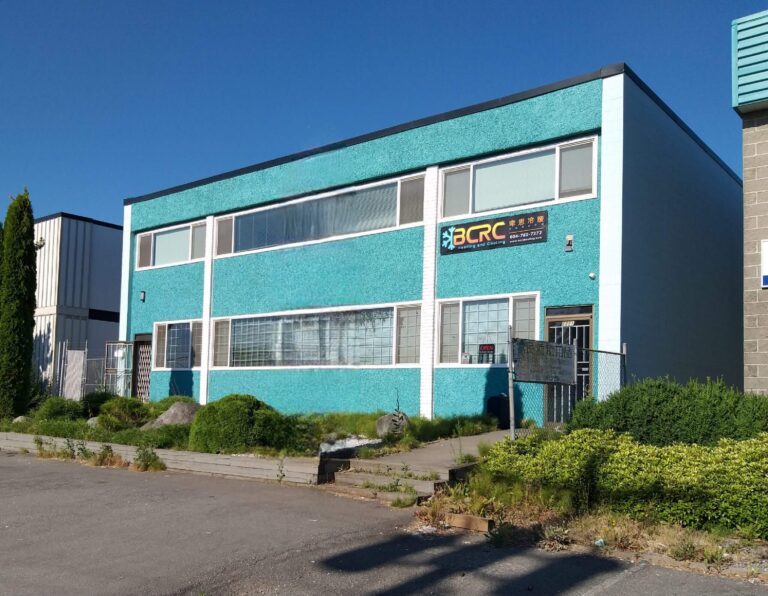
BCRC Work Steps
Approval and Scheduling
Upon receiving the customer's approval, BCRC team schedules a convenient date and time for the Water Heater or HVAC services to be performed. Milestone: The customer confirms their acceptance of the quote and service date, signifying the project's commencement.
Professional Recommendations and Detailed Quote
Based on the assessment, BCRC team provides the customer with professional recommendations and suitable Water Heater or HVAC solutions. Milestone: Within 72 hours of the assessment, a detailed and itemized quote is presented to the customer, outlining all required services and costs.
Site Visit and Assessment
If required, BCRC HVAC technician conducts a site visit to assess the customer's premises in person. Milestone: The site visit is completed, and a comprehensive assessment report is generated within 48 hours.
Initial Inquiry and Consultation
The customer reaches out to BCRC company via phone, email, or an online contact form. Milestone: Within 24 hours, a friendly customer service representative responds to the customer's inquiry and schedules a consultation.
Customer Feedback and Reviews
Customers are encouraged to provide feedback and reviews about their experience with BCRC company. Milestone: Positive customer reviews and testimonials are collected and showcased on BCRC website and marketing materials.
Ongoing Support and Maintenance
BCRC company offers ongoing support, such as maintenance plans, to help customers maintain the efficiency of their Water Heater or HVAC systems. Milestone: The customer signs up for a maintenance plan, establishing a long-term partnership with BCRC company for HVAC system care.
Customer Satisfaction and Follow-Up
BCRC team ensures open communication during and after the service process, addressing any customer concerns promptly. Milestone: A follow-up call or email is made to the customer within 48 hours after completion of the services, ensuring their satisfaction.
Service Execution and Quality Assurance
On the scheduled date, BCRC skilled HVAC technicians arrive at the customer's location to carry out the services. Milestone: The HVAC services are successfully completed, adhering to high-quality standards, and meeting the customer's requirements.
604 781 7272
BCRC Suppliers
At BCRC Heating and Cooling, we pride ourselves on partnering with the most reliable and reputable suppliers in the HVAC Services and Water Heater industry. With a shared commitment to quality, innovation, and customer satisfaction, our suppliers play a crucial role in delivering top-notch products and services to our valued customers.
From heating systems to cooling solutions and ventilation equipment, BCRC Water Heater and HVAC suppliers provide a diverse range of high-performance products to meet every need. With cutting-edge technology and sustainable practices, they ensure our customers receive the best-in-class solutions that maximize efficiency and minimize environmental impact.
Our strong and long-standing partnerships with industry-leading suppliers enable us to stay ahead of the curve and offer the latest advancements in HVAC technology to our clients. We continually assess and vet our suppliers, ensuring they meet the highest standards and align with our dedication to excellence.
With a shared vision of providing exceptional HVAC solutions, our suppliers enable us to exceed customer expectations and deliver unmatched service and support. Choose BCRC Heating and Cooling and experience the power of top-tier HVAC suppliers that drive us towards a brighter, more comfortable, and sustainable future.
